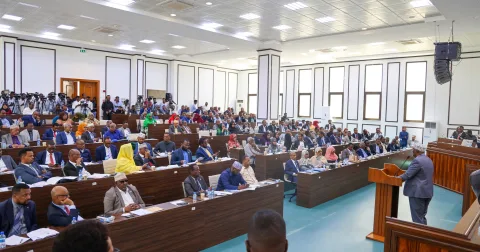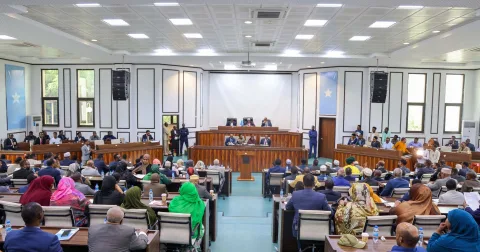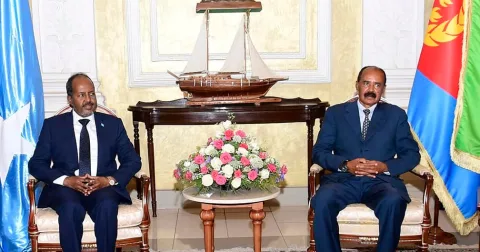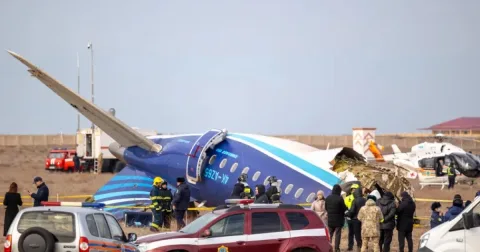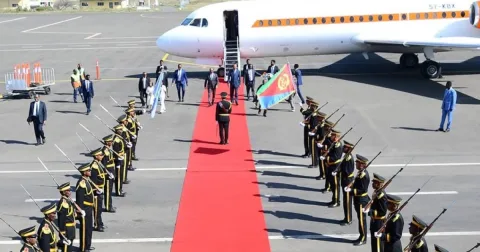Somalia’s president has signed a disputed law extending his mandate for two years, the state news…
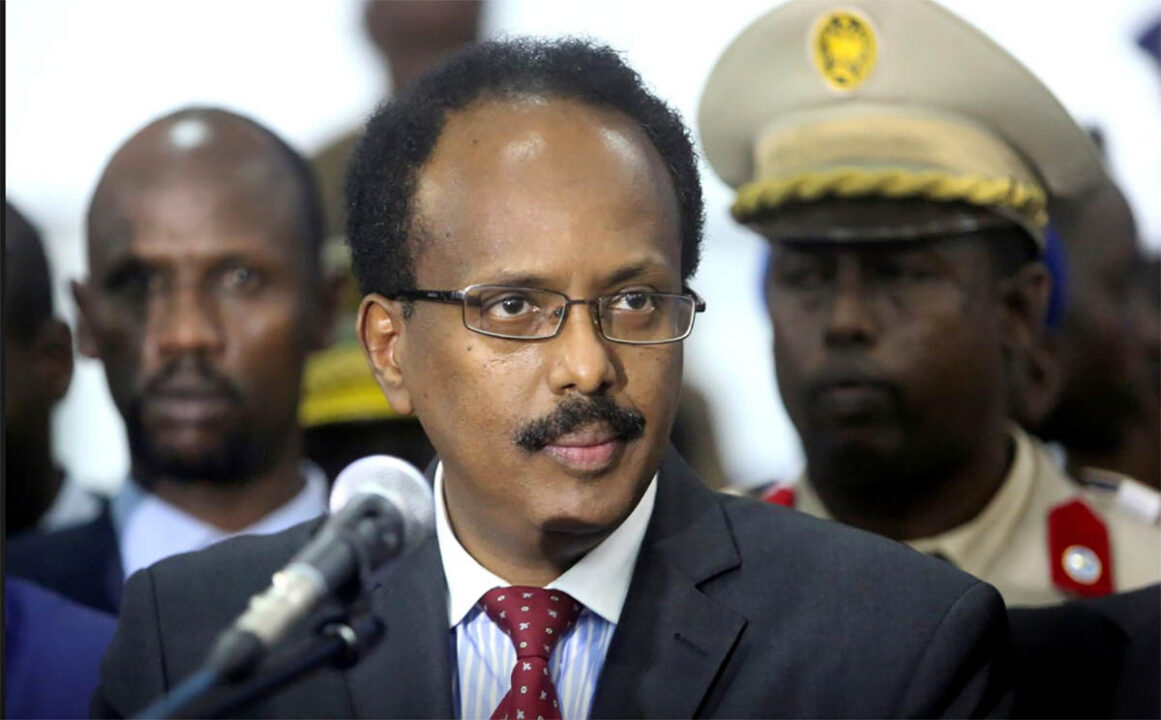
Somalia’s president has signed a disputed law extending his mandate for two years, the state news agency reported, setting the Horn of Africa nation on a collision course with donors who strongly oppose the move.
Somalia, with only limited central government since 1991, is trying to rebuild with international help but the path back to stability has been obstructed by a political crisis caused by a failure to hold elections that were due in February.
President Mohamed Abdullahi Mohamed’s four-year term expired in February and his successor was meant to be chosen by a new crop of legislators. Uncertainty deepened after opponents accused Mohamed of packing regional and national election boards with his own supporters.
On Monday, the lower house of parliament passed legislation to extend Mohamed’s tenure by up to two years, the state news agency reported, citing Information Minister Osman Dubbe, and Mohamed signed the bill late on Tuesday.
But the decision was swiftly rejected by the upper chamber of the Mogadishu parliament, sowing confusion that could abet further attacks by Islamist al Shabaab militants, who have been trying for years to topple the government.
On Wednesday, at least 15 civilians were killed when a minibus ferrying passengers from the capital Mogadishu was blown up by suspected al Shabaab attackers, the government said.
The incident took place in the village of Gololey to the north of the capital and five other people were injured, according to Hussein Nur, an local elder.
Somalia’s main donors said they would not support any extension of the presidency’s term.
“(This) resolution undermines peace, security, and stability in Somalia and beyond,” international partners including the United Nations said in a joint statement. Other major backers including the United States also bemoaned the decision.
“The United States is deeply disappointed by the Federal Government of Somalia’s decision to approve a legislative bill that extends the mandates of the president and parliament by two years,” U.S. Secretary of State Antony Blinken said.
“It will compel the United States to re-evaluate our bilateral relations with the (government) to include diplomatic engagement and assistance, and to consider all available tools, including sanctions and visa restrictions.”
A statement on Tuesday by Britain’s Minister for Africa James Duddridge also warned of unspecified consequences.
“In the absence of consensus leading to inclusive and credible elections being held without further delay, the international community’s relationship with Somalia’s leadership will change,” he said.
Source: Reuters
